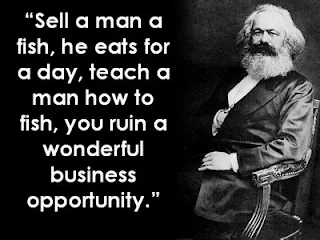Our new director of ministry, Rev. Linda Phillips, encouragingly addressed how we need to think of new ministerial models to do more with less, including the use of the technology of social networking, to build community. 45% of UK internet traffic, she noted, is entirely Facebook. It was good to hear someone in religious leadership for once actually embracing the new technologies as a possible tool for ministry. I mean, it already is in many denominations, but rather less so in ours, and our church membership numbers are plummeting here in the UK. No one denies this sad fact. A connection, perhaps?
I shouldn't have been as shocked as I was, though, that this unsentimental engagement with the reality of social change was met with loud rejoinder by one of our colleagues, rejecting this notion, in favour of 'ye good olde' model of getting people physically present together, which of course is working so well for us and for lots of other traditional community structures. Predictably, this passionate appeal was met with applause. But I fear a return to the past is not possible.
Did you know, for example, that bowling leagues in the USA, once a community staple, have utterly collapsed in the last few years? A recent study by Robert Putnam, called "Bowling Alone", sees this as an indication of the sort of radical social changes described in Rev. Phillips' talk.
Can technology like Facebook ever hope to effectively redress a loss of physically co-present social networks? The answer is nuanced, complex, and full of paradoxes, effectively and simply articulated in this under-graduate short film by students at Middlebury college.
For a denomination like ours, "Both...and" needs to supplant "either...or". Drawing battle-lines between technology and church is utterly counter-productive. Technology and physical co-presence are not mutually exclusive. This is effectively demonstrated in this film of students and seniors (who used to belong to 'real' bowling leagues) meeting together to use a Wii bowling set-up. This meeting is both technologically mediated AND physically co-present, and would not have been possible in a REAL bowling alley, given the seniors' physical frailty. It's a lovely interaction where everyone wins:
The notion of "social capital", raised in the first film, can come, it seems, in all shapes and sizes, technologically mediated and physically co-present. Last night's anti-technology spokesman quipped "You can't hold hands with a hologram", and that is true. But if the alternative is no hand at all, I know what I'd want for my aged parent. As an ex-pat for 25 years, virtual community with family, friends, and yes, even lovers, has sustained me in ways that would not otherwise have been possible within the constraints imposed by distance. So bless it, I say.
Contextual theology asks "where is God in all this messy contemporary context?" And I'm sure I can't offer a definitive answer. But to suggest that any "Ground of all being" cannot operate in virtual contexts is to impose limits on God, and to suggest that revelation of God is sealed in the past. And what sort of God would that be?
Answers on a postcard (or email), please....










